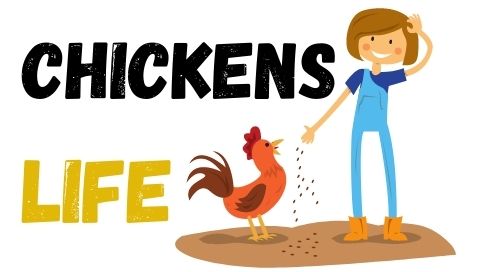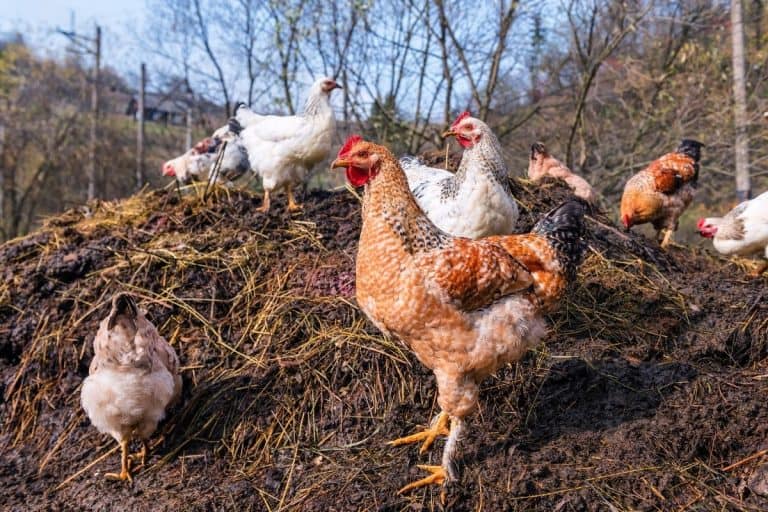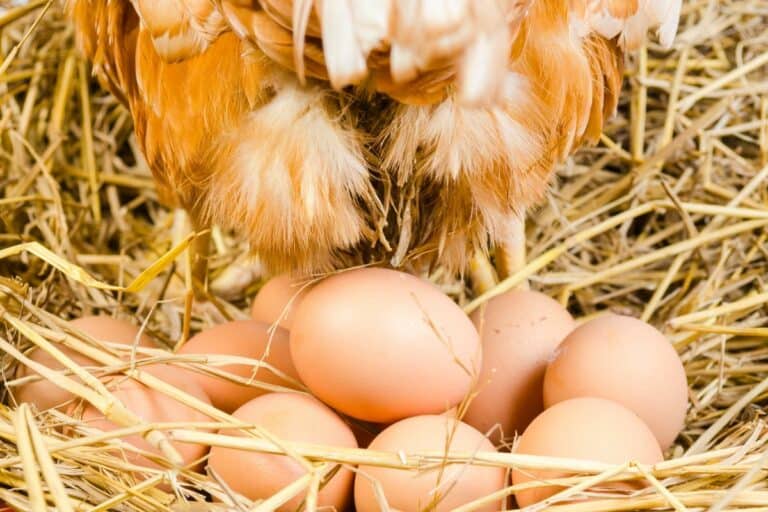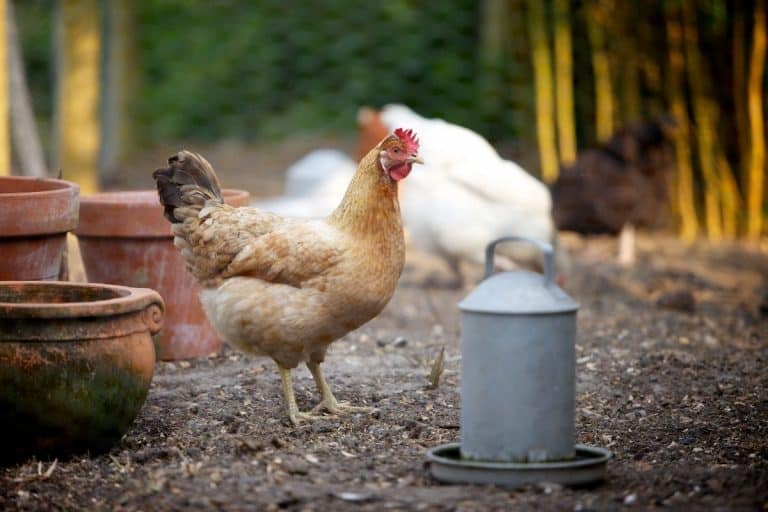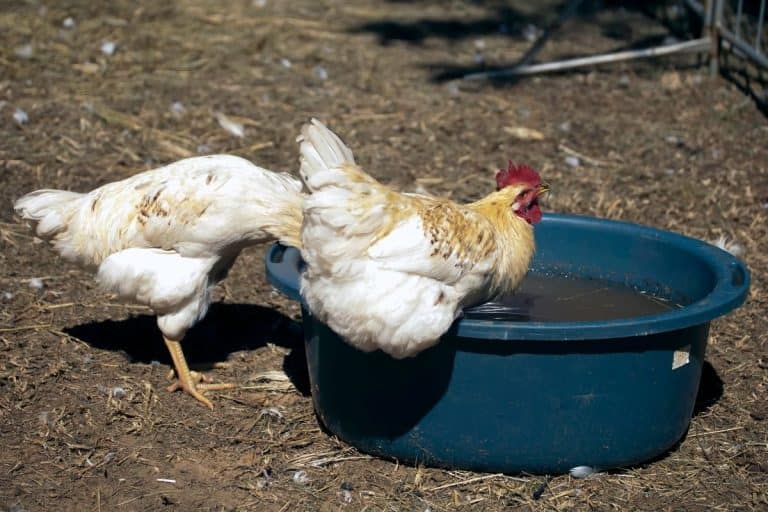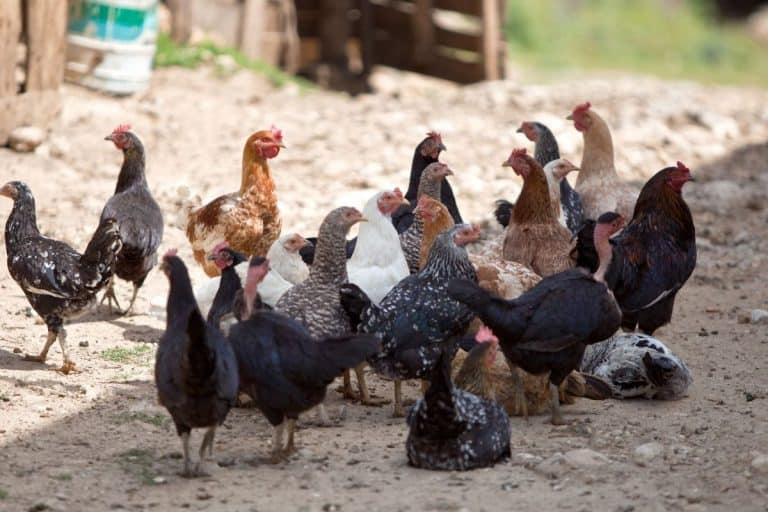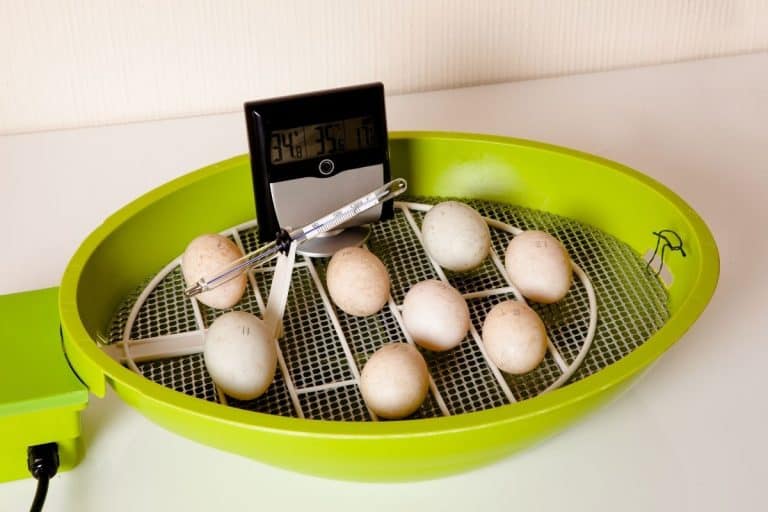Should I Keep Water In My Chicken Coop?
Most traditionalist chicken raisers will tell you that the coop is exclusively for laying eggs and sleeping. Nothing else. Especially not food or water. Some folks have argued and debated with those traditionalists about whether or not you should keep food and water in a chicken coop, but the honest answer is really based on what exceptions you want to make and your housing situation.
As a whole, it’s best to keep the food and water outside the chicken coop to minimize hens making more of a mess. Water in the chicken coop can cause mold and fungi growth as well as damage the wood or metal material that your enclosure is made of, but protects it from other animals and the elements.
Chickens also spend less time inside and more time outside, scratching and being active. Below I will get into where the food and water should stay when there’s time for an exception and what devices make water in the coop easier.
Hey chicken buddies: Quick heads-up before going further! I've put together a list of stuff I use and love for my flock. If you're curious about what keeps my hens happy, click here to find out.
Should You Keep Water In the Chicken Coop?
It is best to avoid having water or anything that creates moisture inside of the chicken coop. Water will cause dampness which then causes the growth of mold and fungi which can cause illness and disease among your flock. Not to mention the smell of wet bedding and bird feces and the damage it can do to the hen house.
More Work For You!
Having feed and water inside the coop means more traffic, leading to more mess. That just means you will be cleaning the hen house a lot more than you would be if the water was outside. Scraping old wet bedding off the floor is not a task I would want to do more often than necessary.
In my opinion, keep whatever you choose to provide water for your chickens outside, if you have a run then that’s where it should be. Avoid bringing more unnecessary filth and moisture inside to your chicken coop, for their health and your time.

Related article: What are the Differences between a Chicken Coop and a Run?
Keeping Water Outside Is Better For Chicken Activity
When your chickens have to go outside of their coop to get their first drink of the morning, that is just a little farther that she had to walk. When they have to travel outside for food and water, it means that they are getting more exercise.
It will also encourage them to do their normal chicken behaviors like scratching at the ground, exploring and generally being more active.
An active chicken is a happy chicken, as obesity can bring health complications that we want to avoid.
Wait, I have some recommendations for you!
Before you go any further, I want you to take a look at some of the recommendations I've handpicked for you. I think these are essential items you should have for your chickens flock. You can check them out and buy them directly from Amazon.
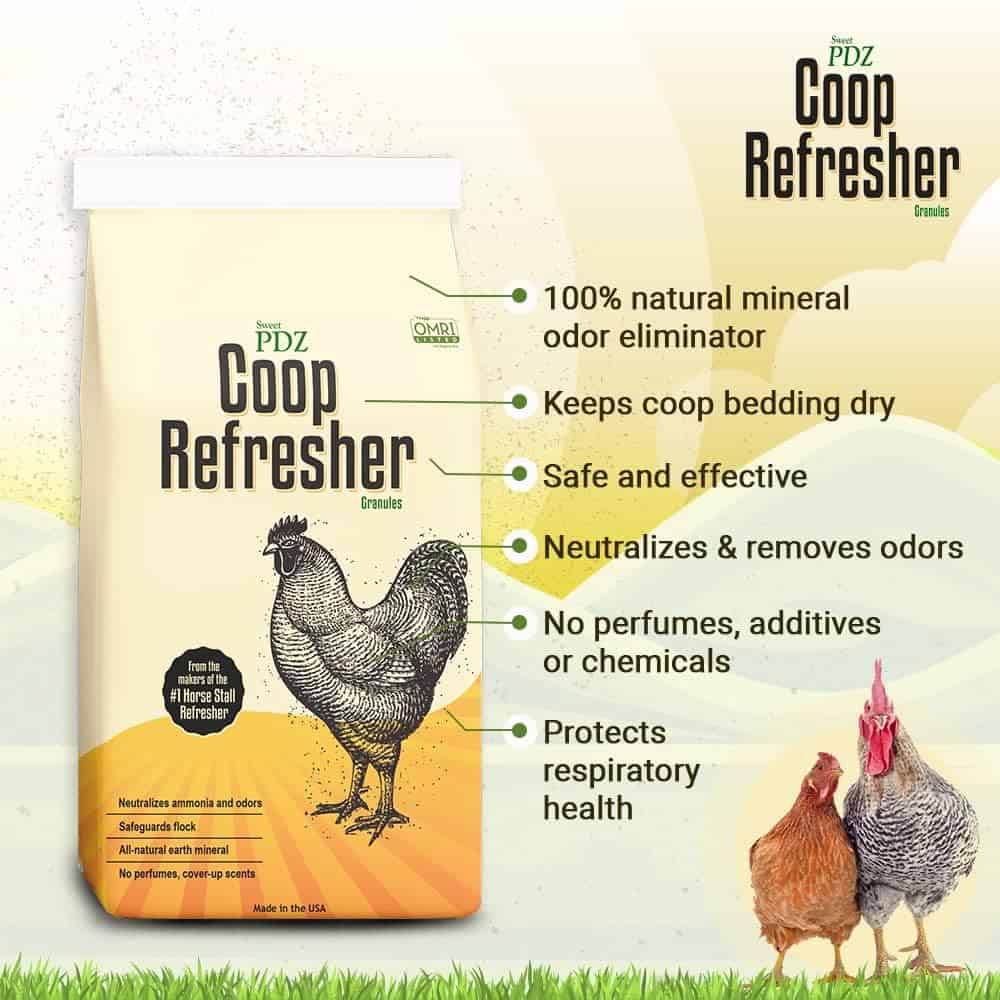 | 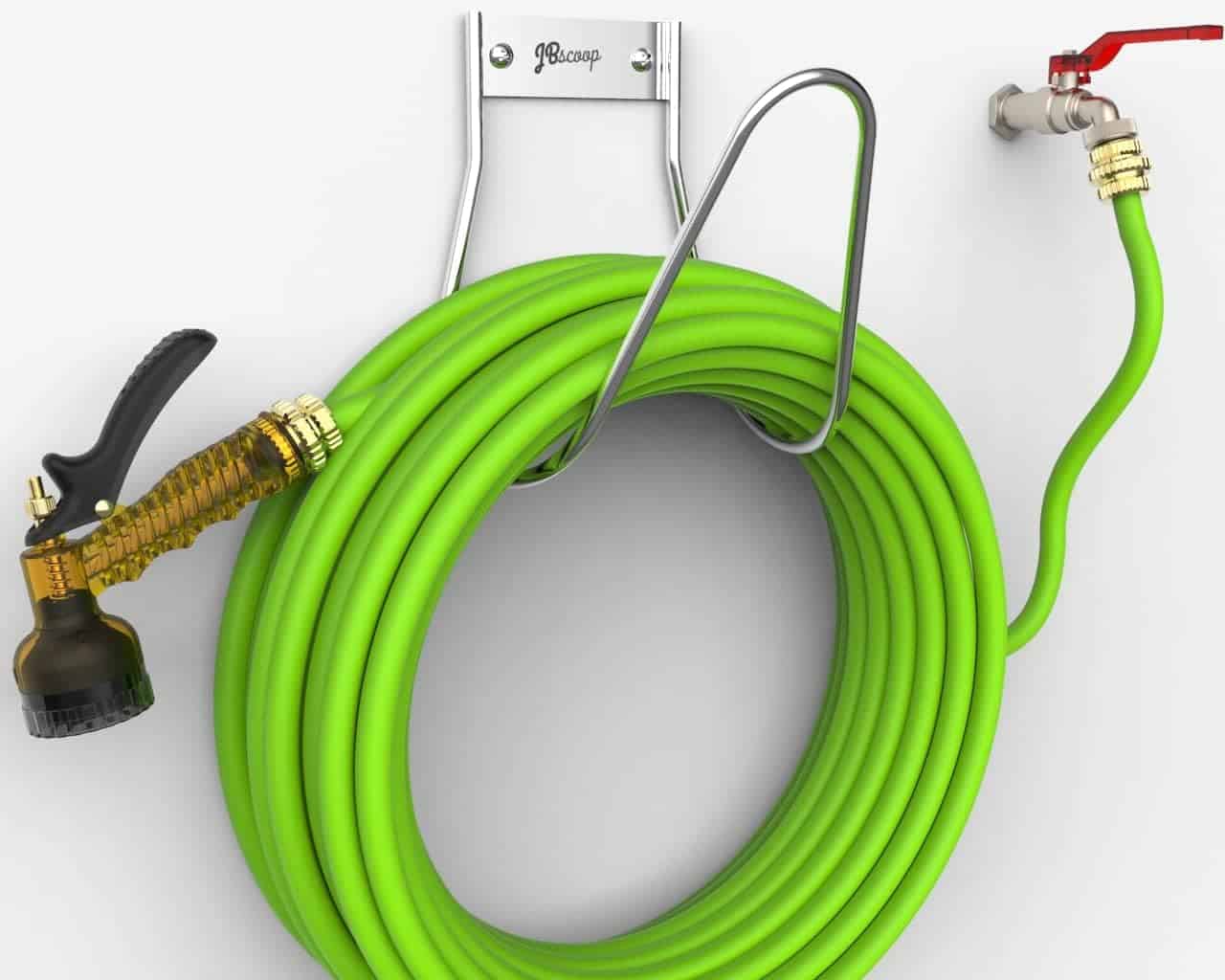 | 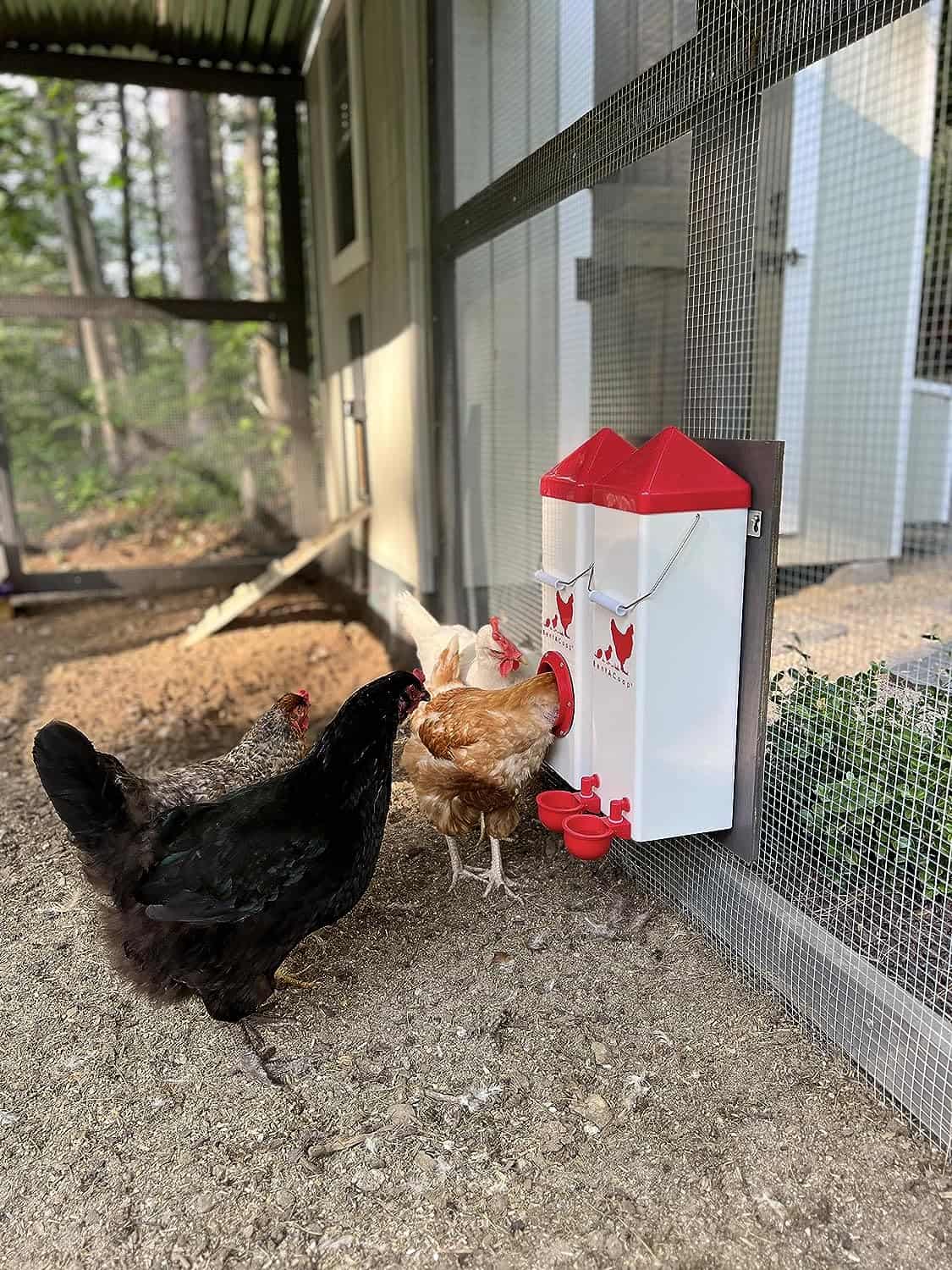 | 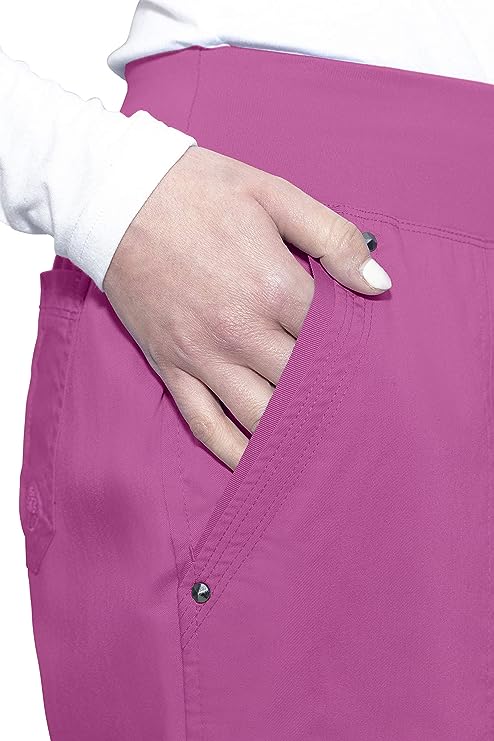 |
| Essential accessory for your coop | No more tripping over hoses! | Predator protection made easy | Comfort + style is possible |
When Should I Bring Water Inside?
The only time that water should be inside the chicken coop is in some very rare and still debatable circumstances, like when temperatures are below freezing or other inclement weather.
Most people who have chickens, including me, would prefer to keep everything outside still, even when it is that cold out.
Other Animals
If you are having an issue with your chickens’ food or water-attracting other animals, vermin or birds, then you may need to bring everything inside the coop.
While for some people this may not be ideal, it is better than their food being contaminated or competition with other creatures.
Inclement Weather
In the very rare instances when you live in an area that sees very cold winters or hurricanes, your chickens will need to stay inside their coop for a few days. The conditions would have to be severe in order to justify keeping them inside for more than just overnight.
While these moments are unfortunate, they should at least be relatively short-lived, so hopefully, your chickens and their food and water can get back to seeing some fresh air.
Do Chickens Need Food And Water Overnight?
As a general rule, chickens don’t need to eat or drink during the night, which is why it’s not necessary to keep the water inside overnight when it’s freezing outside. Keeping everything inside will only create more clean-up.
As a matter of fact, keeping your food in the coop at night will only mean the risk of predators or other animal infestations while your chickens are trying to sleep. It’s not a good idea to attract more attention to your vulnerable and sleeping chickens.
Ironically, keeping the food inside will protect the food and attract potential danger at the same time, so the point is arguable.
Should I Feed My Chickens Inside The Coop?
Sure you can. But feeding your chickens and keeping their food inside the coop only encourages them to mess everywhere and also invites vermin like mice and rats. Not only do these little critters destroy coops, but they also can bring illness and disease to your chickens.
Predators
There are some reasons that you may prefer to keep your chicken food inside, like preventing wild birds from eating it or to protect it from the elements. If you happen to have a secure run or one with a roof or an elevated coop then you should be able to keep it clean and well-defended from wildlife.
Bedtime Snack
Some chicken enthusiasts like to say that feeding your chickens inside the coop will encourage them to come inside at night to roost and sleep where they are better protected. From my experience, my chickens always went inside at night, even with the food staying in the run and not that coop.
Weather
If you are having a stint of rain and you need to keep your chicken’s food dry then moving it inside temporarily may be your only option. Weather can be a large factor in the decisions that we make regarding where we keep the food and water.
Inside And Outside
There are some farmers who prefer for their chickens to have access to food and water both inside the coop and outside. I am not a fan of this. It’s honestly not necessary for a small backyard flock, but I will say that having more than one source for food and water is a good idea sometimes. It will help keep resource guarding down with more dominant hens and the younger hens have a fair chance to eat and drink.
Can I Use Hanging Feeders And Fountains In The Coop?
Using hanging feeders or fountains can certainly be nice and will make a teeny bit less of a mess than keeping things in bowls. However, chickens are not clean creatures, so it doesn’t mean it will always be neater. You would be surprised how much water the chickens can get all over the floor with a hanging fountain.
Elevated Feeder
An elevated feeder will keep food off the ground, which means less mess but will still mean rodents will come in for their own dinner. Making sure to keep water and food far away from each other will ensure that the food stays dry and free of mold and moisture.
Hanging Water Fountain
There are several kinds of hanging water fountains that you can purchase for a chicken coop. Ones that have a nipple can help to minimize the amount of water that makes it onto the floor and bedding. Others have a small cup that the water empties into and these are fine as well but not quite as mess-free.
Conclusion: Best To Keep The Coop Clean And Dry
There is truly no right place to provide food or water to your chickens. The way that you manage their hen house and the techniques that you use is what affects the condition of the coop the most. If having your chickens’ water inside the coop suits yours and your flock’s personal needs and situation better, then do so.

